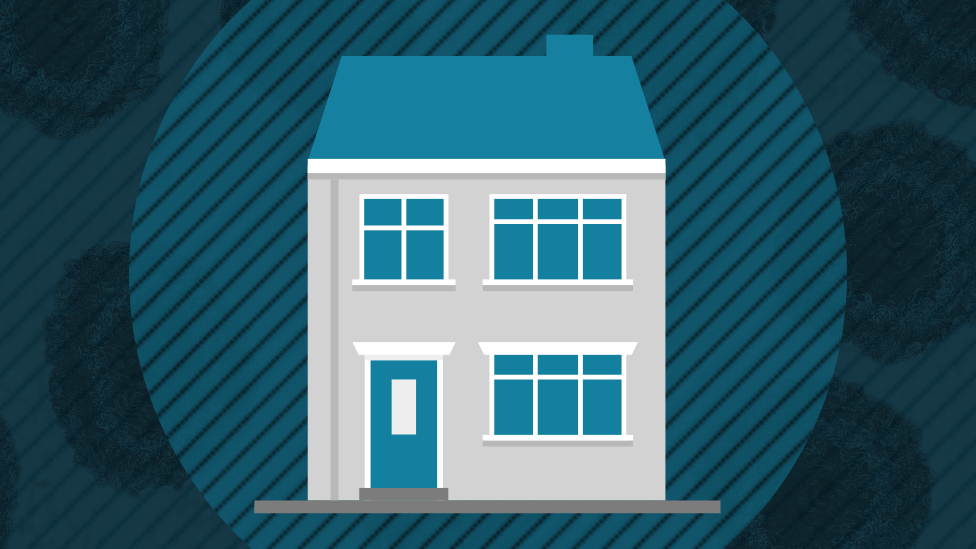Covid-19: London could become 'ghost town' under tier 3
- Published
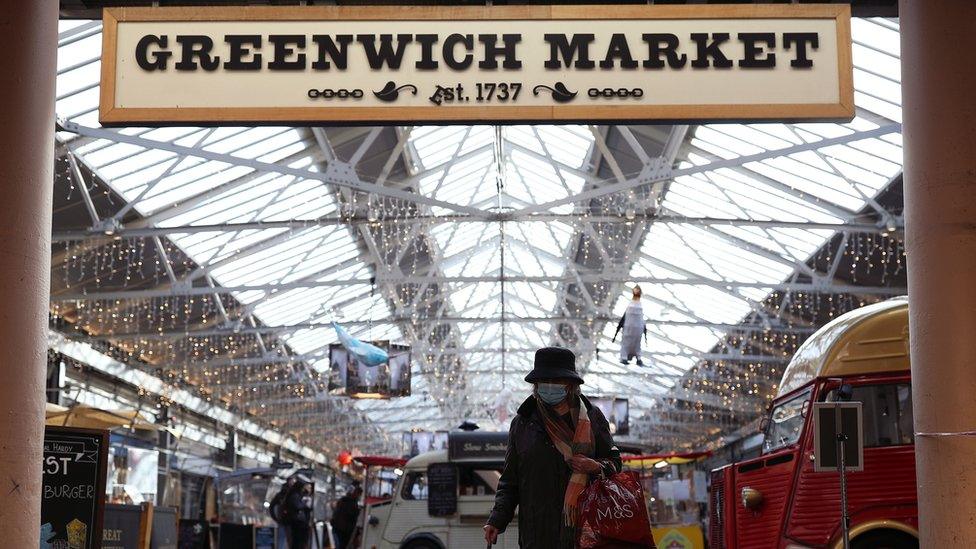
Londoners will only be able to meet outdoors, although not in private gardens
Tier three restrictions could turn central London into a "ghost town" over Christmas, businesses have warned.
From 00:01 GMT on Wednesday, Londoners will only be able to meet outdoors. Pubs and restaurants must close except for takeaway services.
Health Secretary Matt Hancock announced the move after a surge in cases linked to a "new variant of coronavirus".
Tighter restrictions could leave parts of the hospitality sector "on its knees", business owners have warned.
"We are screwed," said Robin Smith, chair of Berwick Street Traders.
Mr Smith, who owns several businesses in Soho, said suppliers began cancelling orders "within half-an-hour of the announcement".
"It feels like a bloody nose. We have to think again about how we're going to survive this," he said.
With hotels and Soho's hospitality sector open and the Bounce Back Loan scheme, external, Mr Smith said he had been operating at "50% of normal business".
"But we can't afford to borrow any more money," he said.
"No hotels, plus no office workers and very few residents, means Soho will be a ghost town."
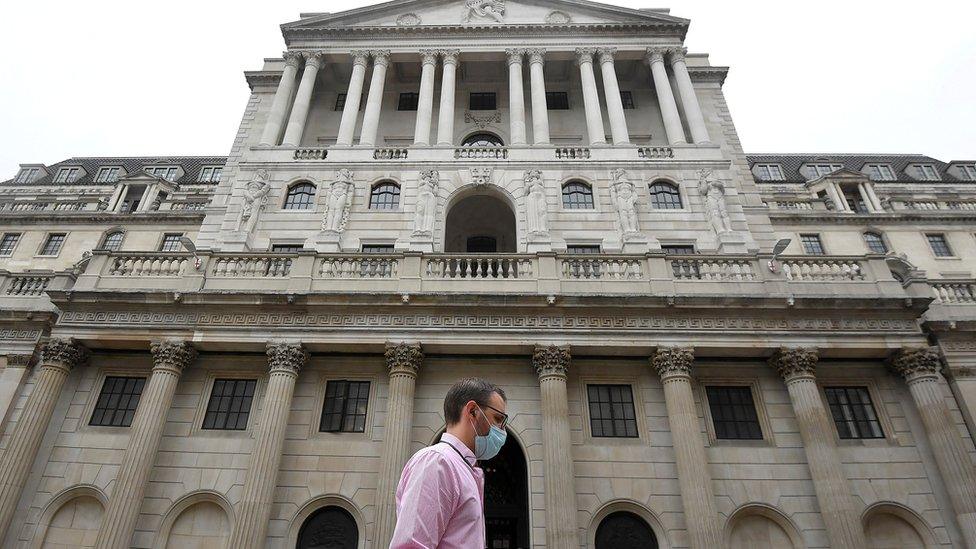
The Federation for Small Business has called for "relentless testing in London hotspots" to help businesses
Dilawar Chaudhry, owner of restaurant Chaudhry's TKC in Ealing, said his "business is on its knees".
Mr Chaudhry said: "We appreciate what we have to do as a corporate social responsibility but losing Christmas is a massive dent in our cashflow.
"We still have to pay our debts. We don't know how we're going to play catch-up on our lost business."
An estimated 4,710 people in London tested positive for Covid-19 on 10 December - 93% higher than the week before.
Latest figures show the infection rate in London across London is 266.82 cases per 100,000 population in the week leading up to the 10 December.
But between London's boroughs, there is huge variation. Havering, in east London, has a rate of 506.3 per 100,000.

According to the Department of Health, the virus is spreading "in all age groups including the over-60s" in London and the South East.
Mr Hancock said London would move into tier 3 to "keep people safe" and prevent hospitals from being overwhelmed.
"Early action can help prevent more damaging and longer-lasting problems later," Mr Hancock told the House of Commons.
Peter Holt, who runs the Southampton Arms pub in Camden, accused the government of making the hospitality sector "a scapegoat".
"The rise in infections we're seeing now is from when we were closed, so it's not down to pubs," Mr Holt said.
The Southampton Arms, which only stocks beers from independent breweries, will be hit harder than most, Mr Holt said.
He said: "Independent breweries aren't able to store our beer long term like bigger breweries.
"We've got two weeks of beer to try and sell in two days.
"God knows what we're going to do now. Our jobs are at stake, our business is at stake, our livelihood is at stake."
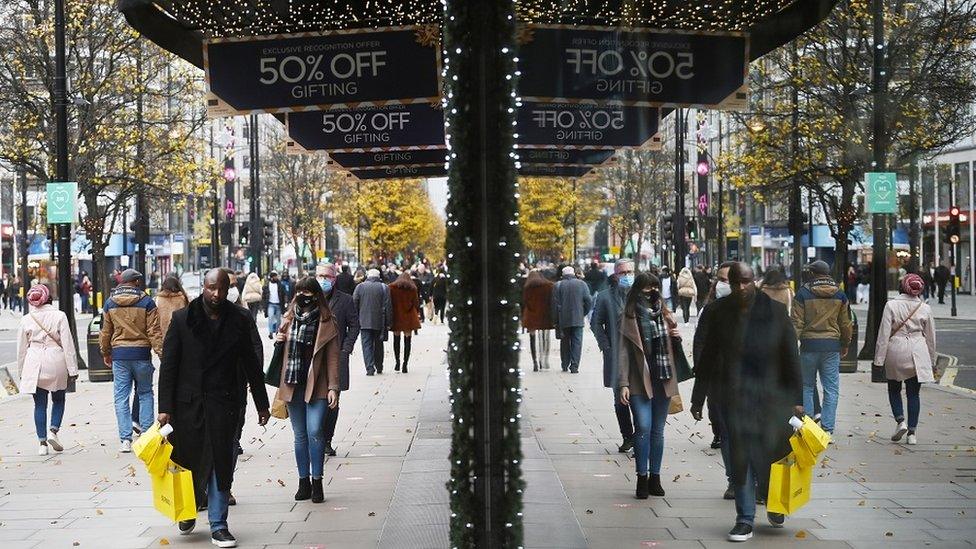
Shops, hairdressers and gyms will remain open under tier-three restrictions
Alexandra Miller, founder of London cafe chain EL&N, said she was hoping to "spread a little bit of positive cheer for the next month" as her company moves to focussing on takeaway services.
Ms Miler said business was half what it was last December.
"December is usually our biggest month," she said.
"But we're just planning to push on. It's all we can do."
The Federation for Small Business (FSB) said the government needed to provide "adequate proportionate support" to give London's hospitality sector "a fighting chance in 2021".
Michael Lassman, the head of London's FSB team, said: "We need to see rapid and relentless testing in London hotspots to give businesses a chance of turning the tide as quickly as possible."
- Published14 December 2020
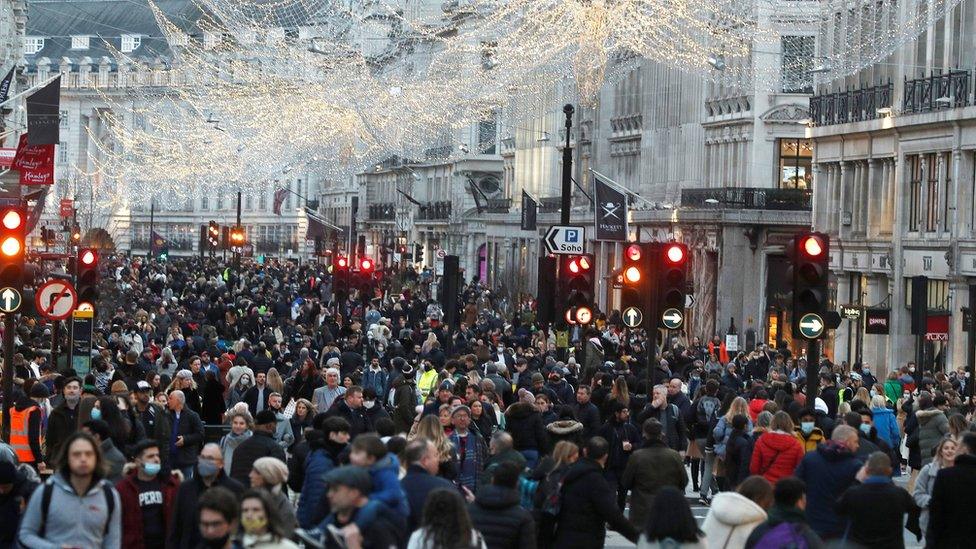
- Published8 December 2020
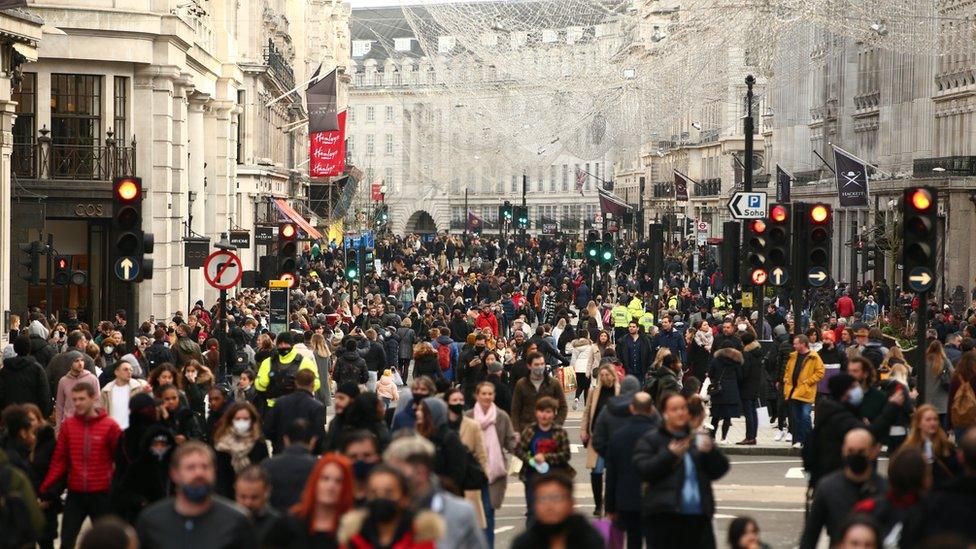
- Published25 November 2020
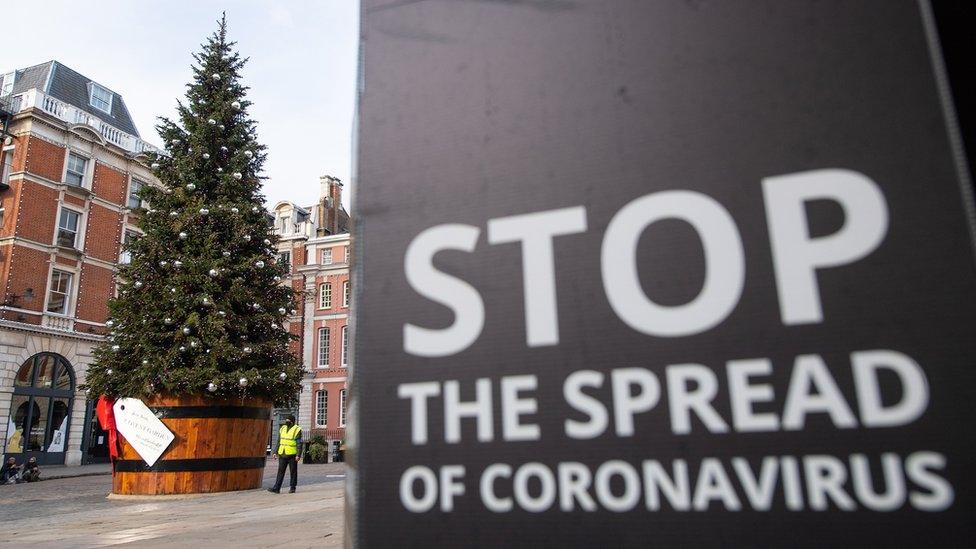
- Published7 December 2020
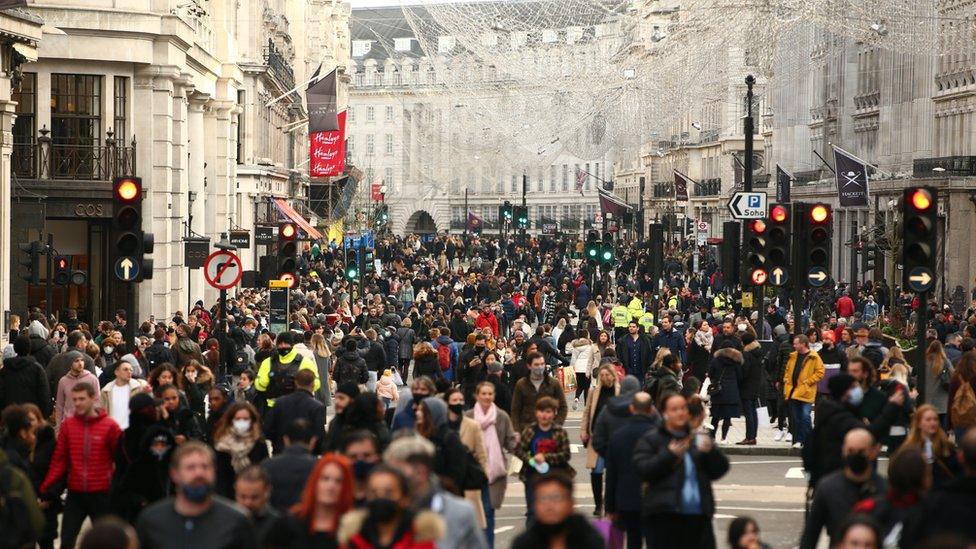
- Published30 November 2020
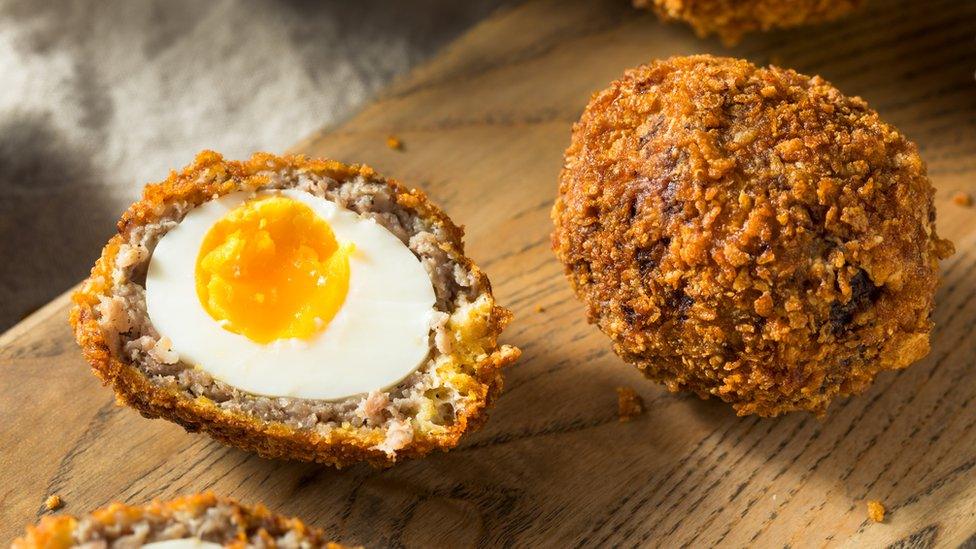
- Published26 January 2022
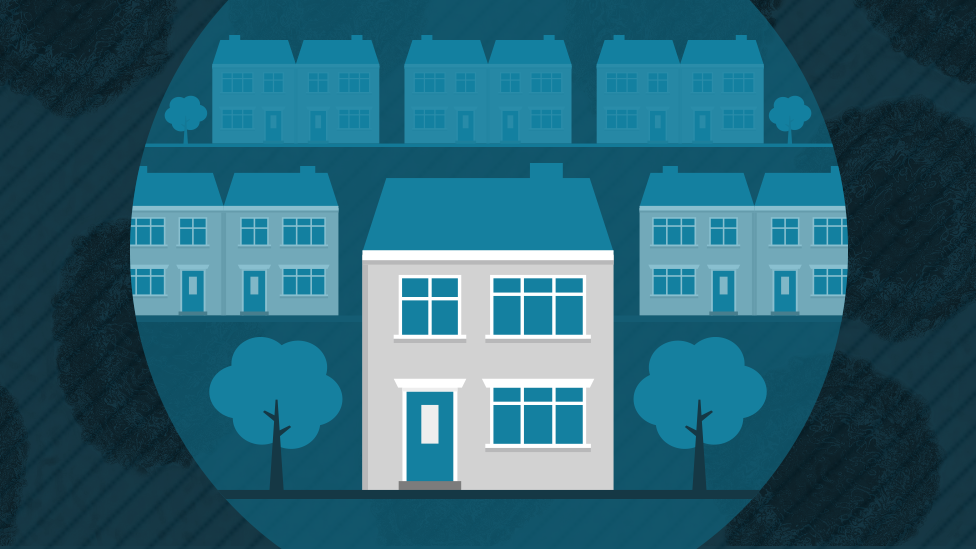
- Published1 July 2022

- Published5 July 2022

- Published3 May 2022
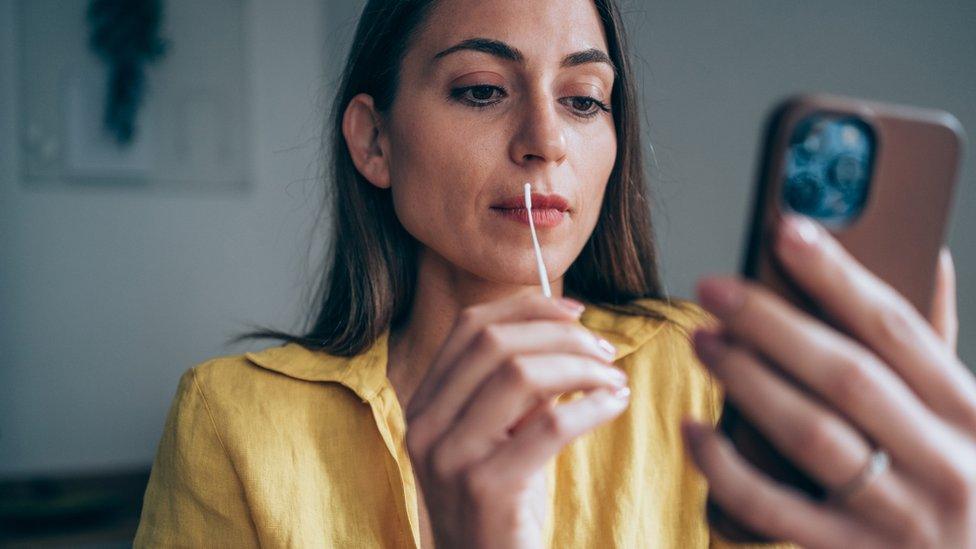
- Published28 September 2020
